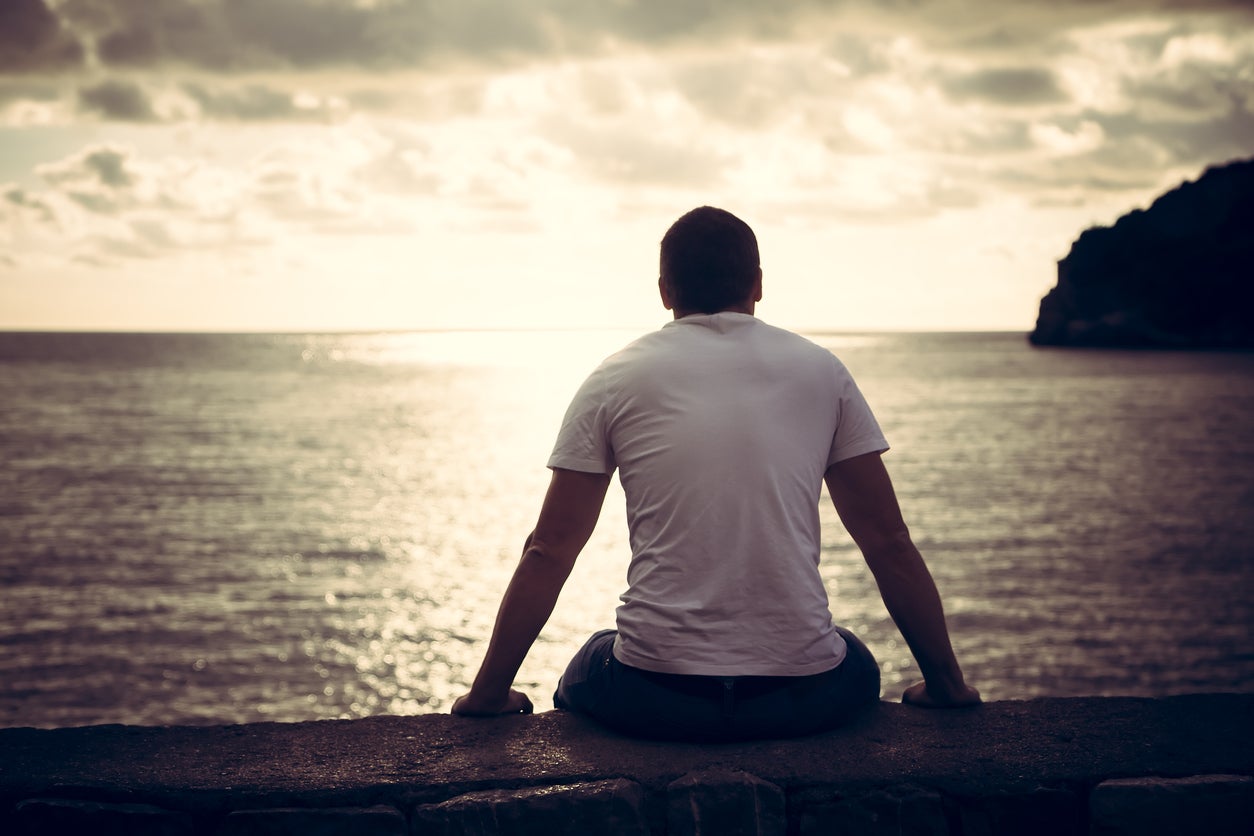Sexual violence against gay men is not spoken about enough
As a gay man, I don’t see myself represented in conversations around sexual violence – we must go further in understanding this abuse


Your support helps us to tell the story
From reproductive rights to climate change to Big Tech, The Independent is on the ground when the story is developing. Whether it's investigating the financials of Elon Musk's pro-Trump PAC or producing our latest documentary, 'The A Word', which shines a light on the American women fighting for reproductive rights, we know how important it is to parse out the facts from the messaging.
At such a critical moment in US history, we need reporters on the ground. Your donation allows us to keep sending journalists to speak to both sides of the story.
The Independent is trusted by Americans across the entire political spectrum. And unlike many other quality news outlets, we choose not to lock Americans out of our reporting and analysis with paywalls. We believe quality journalism should be available to everyone, paid for by those who can afford it.
Your support makes all the difference.When I read about the case of Stephen Port last week, the so-called “Grindr Killer” who in 2014/15 killed four young gay men, I questioned why I hadn’t heard about it before now.
These were some of the most horrendous acts of sexual violence that the UK has seen in recent years. Port drugged his victims, all in their 20s, with the date-rape drug GHB, raped them and dumped their bodies in a nearby graveyard.
I asked my family if they had heard about this case, but they hadn’t. Neither had my university friends, some of whom are part of the LGBTQ+ community. Scouring the internet for more details, I found no evidence that these events had sparked a conversation about the issue of sexual violence within the gay community.
Instead, it seemed like it was just another item on the daily newsreel, featuring one rogue, crime-drama-worthy serial killer (in fact, a new BBC series starting on 3 January dramatises these events).
But why hadn’t these events, or others like it (for example, Reynhard Sinaga, who in 2019 was convicted of 136 counts of rape against young men), led to broader conversations, like the #MeToo movement or Sarah Everard has done for women and their ongoing fight against male violence?
According to a survey conducted by the charity Gay Men’s Health Project, more than half of gay men believe that the gay community has an issue with consent, with 62 per cent having been touched or groped in a bar or club without consent. It’s evident from this that action is desperately needed.
LGBTQ+ charities, like Galop and Survivors Manchester, are trying to grapple with this issue, but I fear that they are powerless to fix the problem without a strong movement behind them.
Speaking to several gay friends, the scale of the problem becomes apparent. One friend, Charlie*, told me about a night out when he was 18 years old: “It started out as a pretty normal night. I went to a gay club with two of my friends,” he explained.
However, at some point in the night, Charlie* blacked out. The next thing he can remember is being in a taxi with another guy.
“We were then in his bedroom, where he pushed me down onto the bed without saying anything and took off my clothes and then just forced himself onto me,” he says. “I told him to stop numerous times because it hurt but he didn’t listen.”
Charlie* had to wait for his abuser to fall asleep before leaving the house in the middle of the night. To this day, he has always “hated to use the term rape” and never reported what happened to him.
When gay men don’t see themselves represented in conversations around sexual violence, they often don’t view their abuse for what it really is. “I felt like I was making a big issue out of something that maybe was all in my head,” Charlie* tells me.
Another friend told me that he downloaded Grindr – the dating app Stephen Port used to find his victims – when he was just 16 years old, a decision that was motivated by a desire to find others like him, but led to experiences that have since resulted in him developing sex and relationship anxiety.
Don’t get me wrong, progress has been made. Increased visibility of LGBTQ+ people in mainstream culture is a brilliant step forward, and it has the potential to bring about a deeper understanding of issues affecting the gay community, like that of sexual violence. But we must go further.
This is by no means an attempt to compete with women’s fight for safety, nor should these issues be used as ammunition against the gay community. This is not an issue with gay men; it is an issue with male violence, some of which is perpetrated by gay men.
Even when both male and female victims are accounted for, men are the perpetrators of at least 90 per cent of sexual violence, according to a 2010 National Intimate Partner and Sexual Violence Survey – and therefore to tackle this issue, victims of sexual violence must come together in solidarity to fight back.
My challenge to all of us? Next time you’re speaking about the issue of sexual violence or harassment with a gay friend, please ask them about their experiences, and listen. Believe them. I certainly will be.
And from what I have heard so far, sadly they will likely have a story to tell.
*Charlie is a pseudonym to protect the victim’s identity
Join our commenting forum
Join thought-provoking conversations, follow other Independent readers and see their replies
Comments